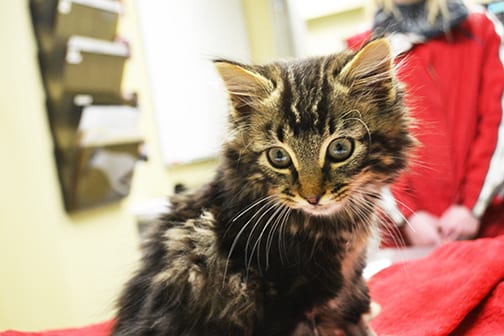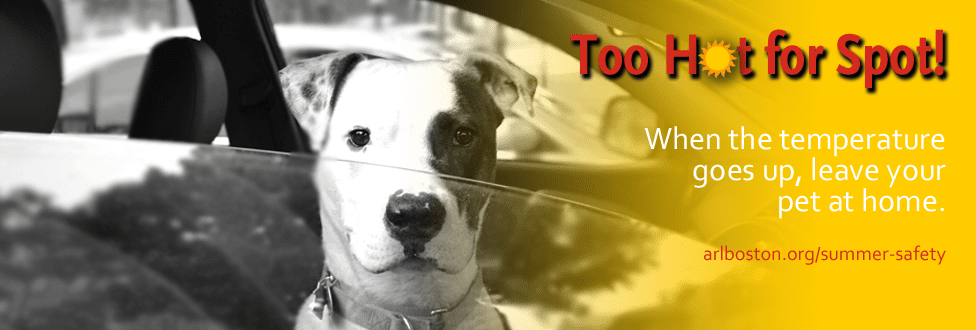Winter Weather Animal Rescues
ARL’s Rescue Services Team On the Snowy and Icy Scene

Many wild birds like this goose spotted behind a store in Quincy have had difficulties finding food this winter.
This winter has been rough for everyone in Massachusetts, including our four-footed and winged friends. Luckily for animals in distress, the ARL’s rescue team has been on the scene to help.
The storms have especially taken their toll on wild birds, including ducks, geese, and swans. Not only are they turning up in unusual and less-than-safe places such as busy parking lots looking for something to eat and a place to rest, but they are also getting injured.
Just this week alone, the rescue team scooted out on the ice to help an injured goose on the frozen Charles River in Waltham, assisted a sick swan who had been sitting in the middle of a driveway in Lynn for quite some time, and waded through the icy waters in Gloucester to help a duck entangled in netting.
Other types wildlife have had difficulties, as well. On Wednesday evening, the team assisted in the rescue of a coyote stuck out on the ice in Quincy. The team helped move the animal back to shore as his or her nervous mate paced anxiously back and forth.
Between the frigid temperatures and snow, stray and feral cats have also been struggling this winter. One injured stray cat wedged itself behind some boards in Boston covered by a huge snow drift. The rescue team dug her out and brought her back to our Boston shelter for further care.
After a concerned citizen reported a feral cat had been stuck in a heating vent after snow from the last several storms covered the opening, the City of Boston lent a hand to the rescue team to get through the snow and free the trapped animal.
As a feral cat, he (or she) was not too keen on sticking around to thank his human rescuers, but community members have since spotted him and say he appears to be doing fine.
When a horse barn in Stoughton collapsed from the weight of the weekend’s snow, the ARL rescue team was also on the scene to provide assistance moving horses to new shelter. Luckily, no horses were injured in the collapse.

The rescue team worked alongside the City of Boston Inspectional Services to remove snow in order to free a feral cat stuck inside a heating vent for over a week.
THANK YOU to all the animal control officers, the City of Boston, and the many kind citizens who are looking out for animals in our community this winter!
YOU CAN HELP TOO! The ARL doesn’t receive government or public funding to provide rescue services to animals in distress. Make a donation today to ensure domestic animals and wildlife get assistance when they need it most!
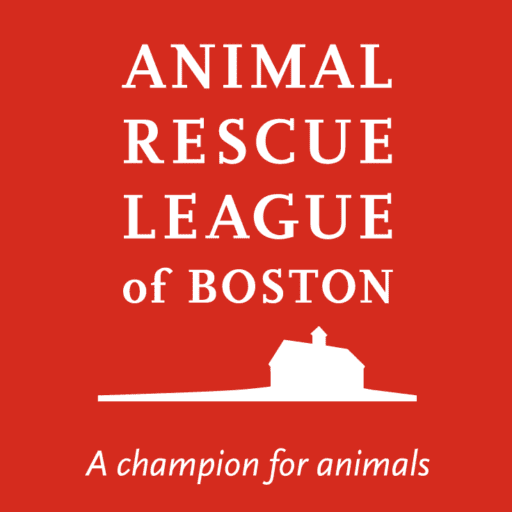
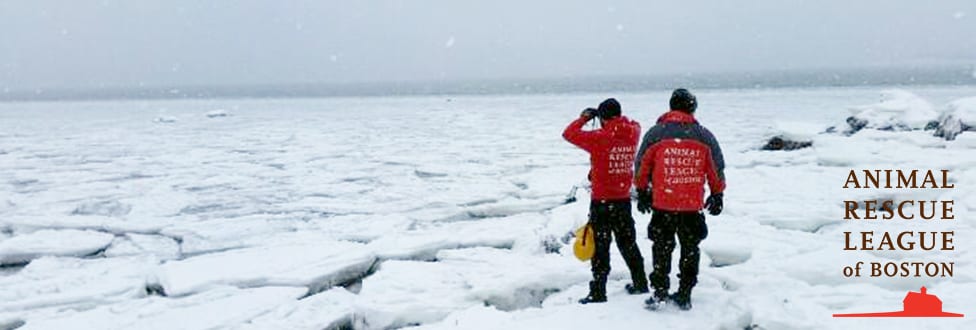

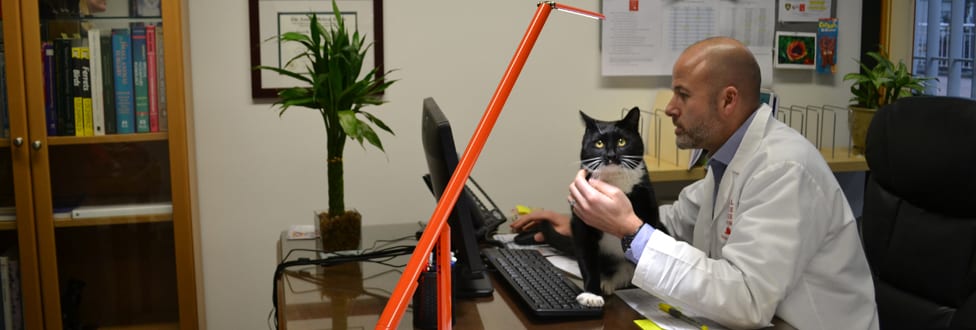


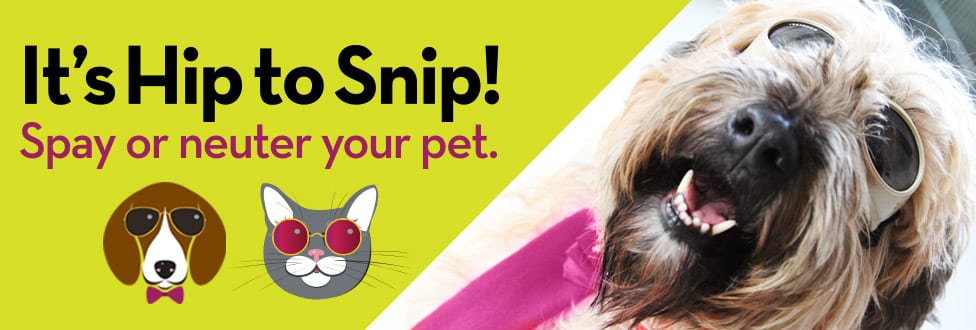

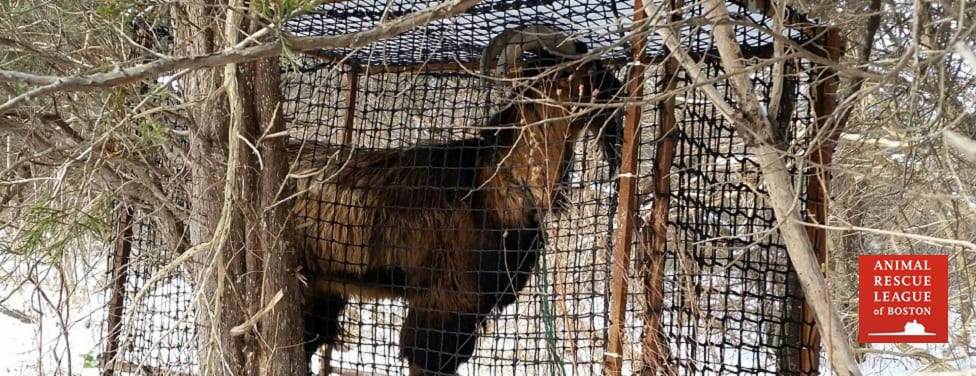


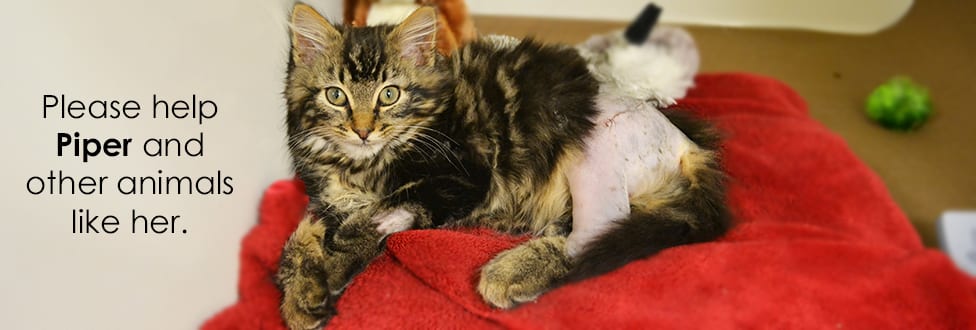
 The Animal Rescue League of Boston’s (ARL) newest addition, little Piper the kitten, is recovering from delicate surgery performed on Monday to repair her broken back leg.
The Animal Rescue League of Boston’s (ARL) newest addition, little Piper the kitten, is recovering from delicate surgery performed on Monday to repair her broken back leg.
